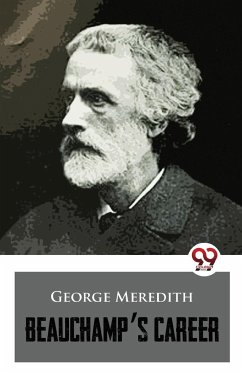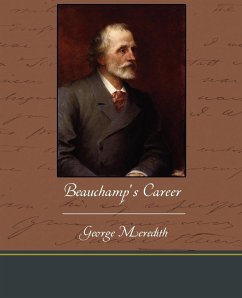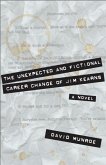Beauchamp's Career (1875) is a novel by George Meredith that portrays life and love in upper-class Radical circles and satirizes the Conservative establishment. The plot revolves around Nevil Beauchamp, a courageous but occasionally irrational naval lieutenant who served in the Crimean War and holds republican ideas. On the other side, his wealthy uncle, Honorable Everard Romfrey has notions that border feudalism. Romfrey even beats Dr. Shrapnel, a friend of Nevil's who is a Republican, during this fight. Romfrey is ordered by Nevil to apologize to Shrapnel, but the uncle declines. Nevil becomes gravely unwell and loses hope for his future because of this and his unlucky love affairs. Will Nevil ever get married? To get an answer to this question, readers should get through the novel!








